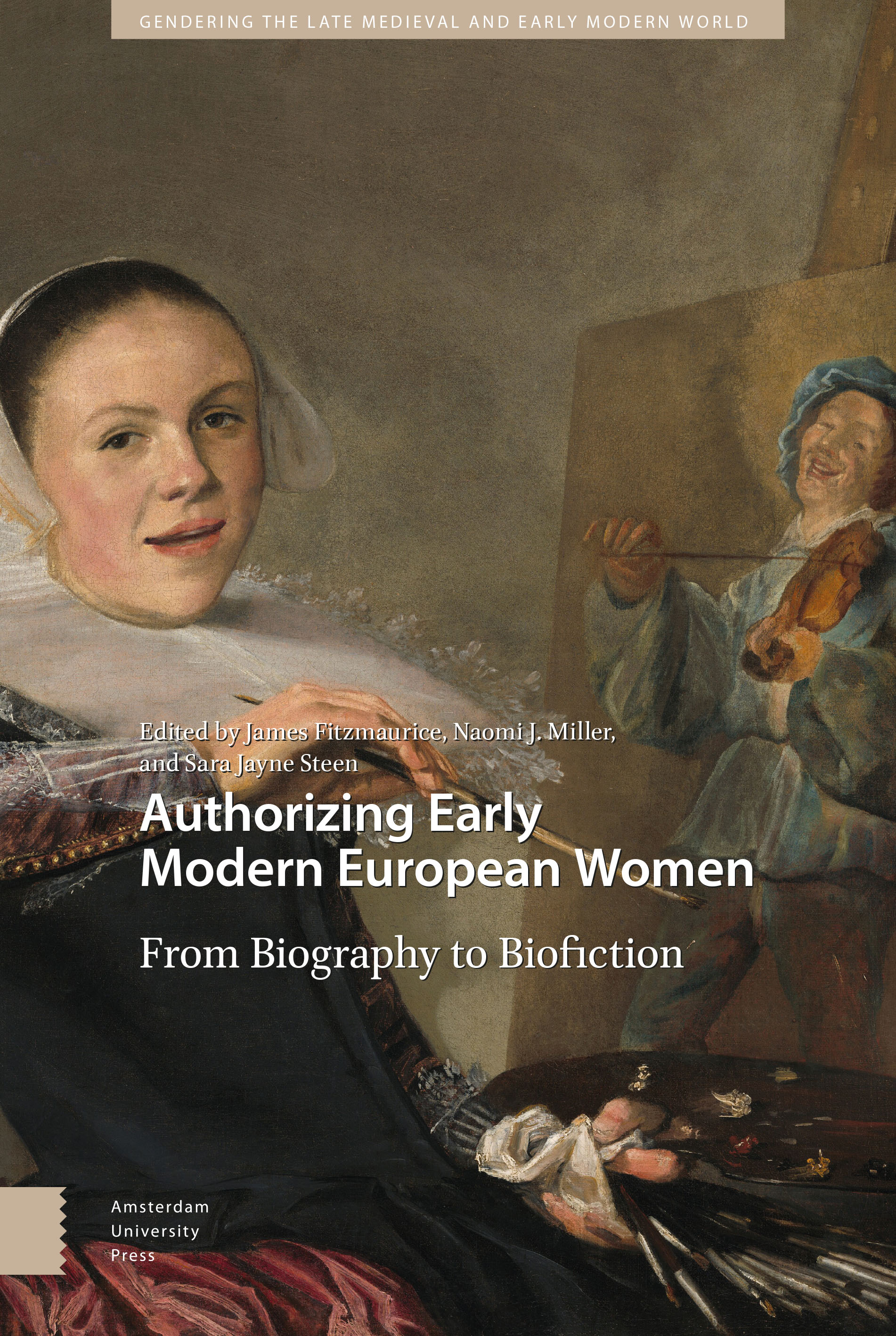14 - “Writing, Acting, and the Notion of Truth in Biofiction About Early Modern Women Authors”
Published online by Cambridge University Press: 16 December 2021
Summary
Abstract
This essay explores the notion of truth in biofictional accounts of early modern women authors as that notion applies to dialogue (what is “on the nose” and what not) and to plot as well as character development (what is “jumping the shark” and what not). The essay first focuses on a series of professional solo performances of Love Arm’d written by Karen Eterovich about the seventeenth-century author Aphra Behn. It then goes on to consider in the same way a filmed student performance of my play that imagines a meeting of Margaret Cavendish and Virginia Woolf, Margaret Cavendish, Virginia Woolf, and the Cypriot Goddess Natura.
Keywords: Margaret Cavendish, Aphra Behn, early modern women, biofiction, truth.
The assertion is often made that a particular stage play or film is characterized by truthfulness or is lacking therein. So, too, related assertions about honesty and authenticity, but I will focus on truth within the context of writing and acting. Glowing claims of truth found in publicity blurbs, of course, are generally to be taken with a grain of salt, but in other circumstances and, particularly where biofiction is concerned, a look at the topic can be useful. Such is very much the case when the application is to early modern women authors.
It is quite reasonable to say that dialogue either “rings true” or does not. The phrase in the TV and film industries for success is “on the nose.” Can we imagine the poet Veronica Franco actually saying the words spoken by Catherine McCormack in the 1998 film Dangerous Beauty? If so, then a feeling of truthfulness is achieved. Otherwise, we may have the impression that the character is saying something a little too far away from our understanding of our own world or our sense of sixteenth-century Italy. Accusations of outright dishonesty can involve elements of plot or character that are known by the viewer to be either distorted or omitted. Distortion is a consideration when a screenwriter hopes to attract the viewer's attention with, say, with an element of plot or character that is highly unlikely. In TV and film such an attempt is referred to as “jumping the shark.”
- Type
- Chapter
- Information
- Authorizing Early Modern European WomenFrom Biography to Biofiction, pp. 179 - 186Publisher: Amsterdam University PressPrint publication year: 2021



